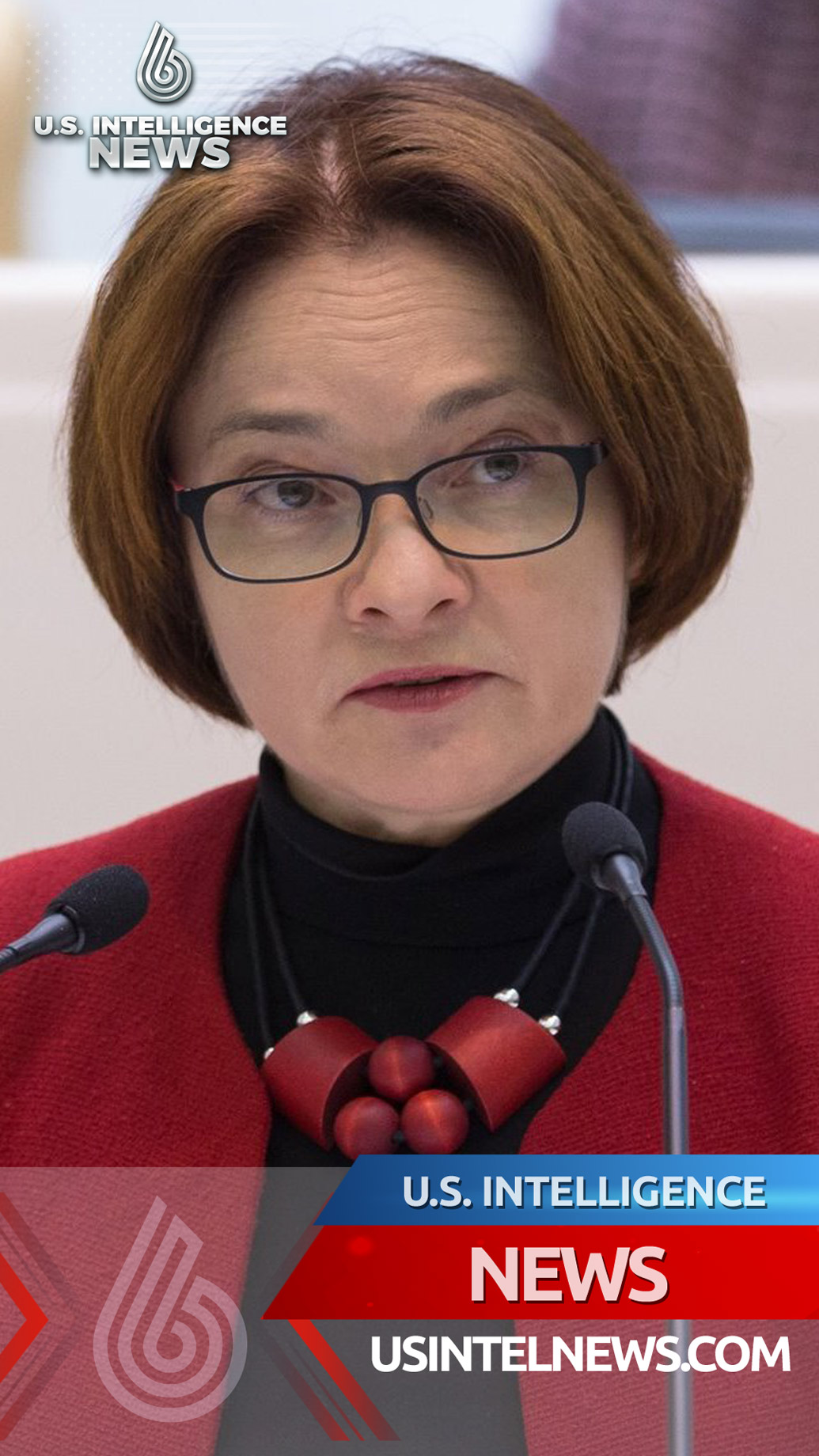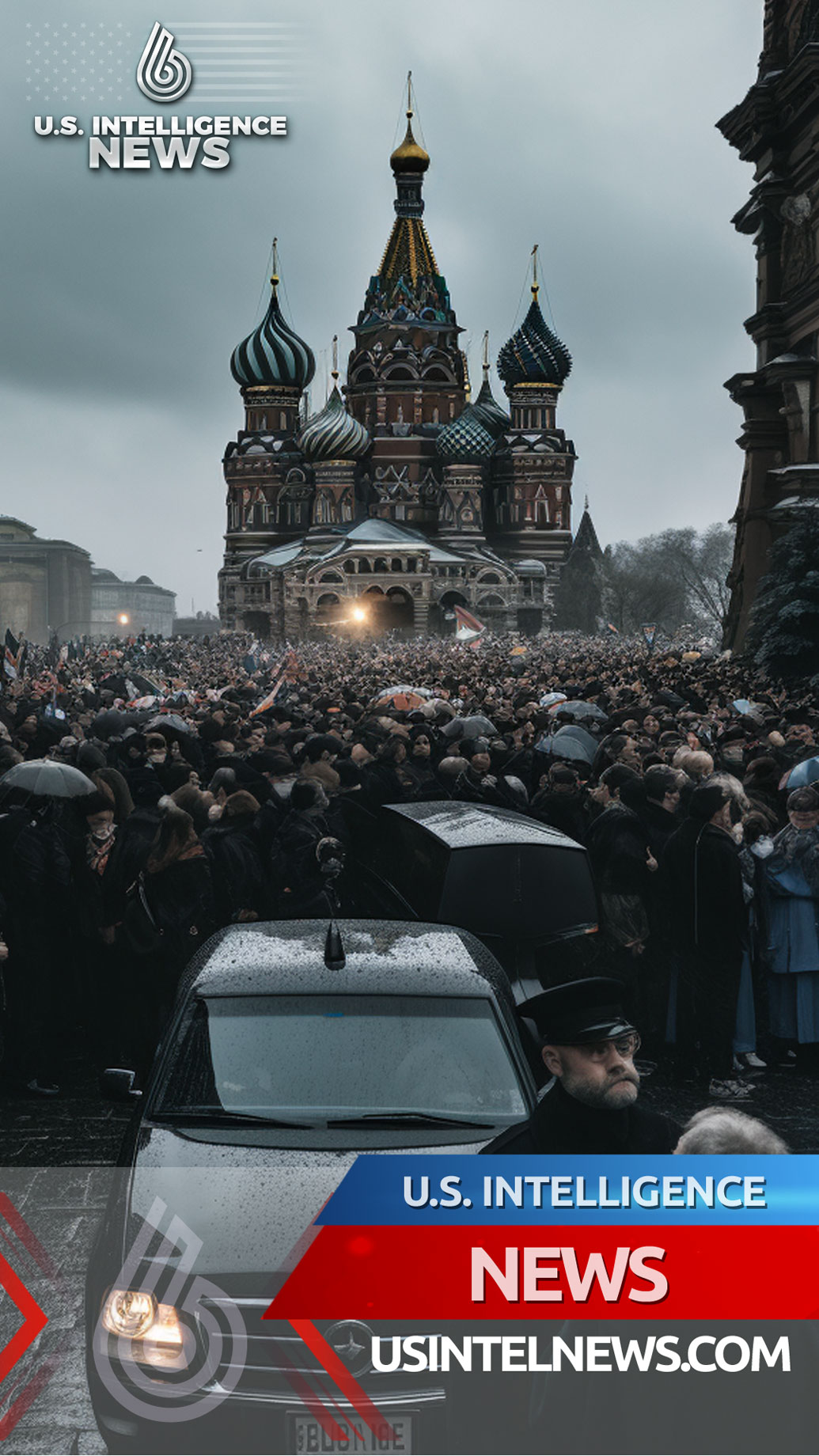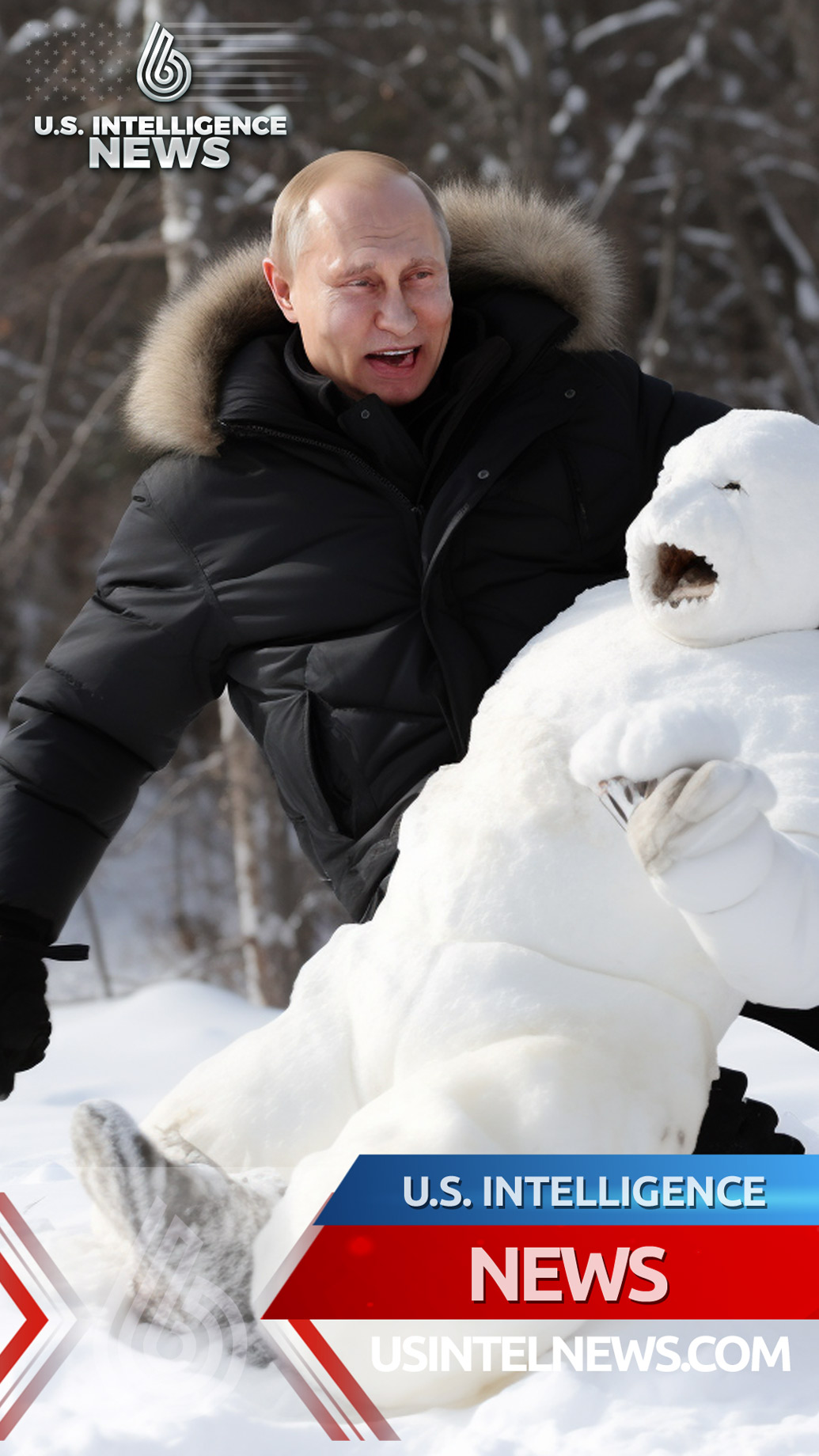
Key Facts:
- Banking Crisis Warning: Up to 50% of Russian banks could face liquidation or bankruptcy within two years, as predicted by Central Bank Chairman Elvira Nabiullina.
- Hopes Pinned on Trump: The Politburo is counting on U.S. President-elect Donald Trump to help end the Ukraine conflict and lift sanctions, despite skepticism from financial experts.
- Possible Deposit Freeze: Russian leadership is reportedly considering freezing citizens’ bank deposits as early as February 2025 to prevent financial collapse.
Regulatory Vacuum
In the Russian financial sector, the Central Bank has increasingly stepped in to fill a regulatory vacuum by issuing its own normative acts. Given that the Law on the Central Bank of Russia outlines its mandate in vague terms, the Central Bank has effectively expanded its authority, assuming a quasi-legislative role in the banking sector. Private bankers have raised concerns, arguing that these normative acts and directives are no longer merely interpreting existing laws but are effectively replacing them. The broader context is marked by the gradual collapse of the Putin regime and the disintegration of Politburo 2.0’s strategic planning, resulting in a power vacuum at the core of Russia’s economic and financial systems.
Banking Collapse Looms
The lack of a professional civil service and the absence of a strong tradition of rule of law leave this gap unfilled. Consequently, laws and decrees have become increasingly ineffective, lacking clear mechanisms for enforcement, and even official statistics are widely regarded as unreliable. The Russian financial sector is unraveling at a pace even faster than the broader economy. In a stark warning, Elvira Nabiullina, Chairman of the Central Bank of the Russian Federation, has projected that up to half of Russia’s banks could face liquidation or bankruptcy within the next two years. This dire forecast, detailed in her latest report, highlights the escalating crisis in the nation’s financial system.
Financial Collapse
Security Council analysts have painted an even bleaker picture, estimating that at least 50% of domestic banks may not survive. The Politburo is reportedly alarmed but clings to hope that Donald Trump’s recent election as U.S. President-elect might reverse the downward trend. Some members believe Trump’s involvement could accelerate an end to the Ukraine conflict, leading to the swift removal of Western sanctions and a potential recovery of the Russian economy by next year.
Drastic Measures
However, this optimism seems detached from economic reality. Senior financial officials and Security Council experts remain skeptical, viewing this scenario as unrealistic. In anticipation of worsening conditions, Russian leaders are considering drastic measures, including potential restrictions on citizens’ bank deposits, with implementation as soon as February 2025.
Kremlin Fatigue
Amid this turmoil, Putin’s recent appearance at Valdai offered little reassurance. The speech, delivered by what some speculate to be a double, was conciliatory and underscored the Kremlin’s fatigue with the ongoing war. It resembled more of a plea for reconciliation than a show of strength. And in a final ironic twist, “Putin in Valdai”—once a symbol of authority—seemed incomplete, missing only a refrigerator to fully capture the surreal image of Russia’s current predicament.


 Elon Musk’s Shadowy Alliance with Vladimir Putin: A National Security Threat
Elon Musk’s Shadowy Alliance with Vladimir Putin: A National Security Threat  The Unconventional Diplomatic Dynamics Shaping Global Relations: Trump, Musk, and Covert Negotiations
The Unconventional Diplomatic Dynamics Shaping Global Relations: Trump, Musk, and Covert Negotiations  Ethicoin’s Role in Shaping the Future of the Federal Reserve System’s U.S. Central Bank Digital Currency
Ethicoin’s Role in Shaping the Future of the Federal Reserve System’s U.S. Central Bank Digital Currency  Record Volumes of Russian LNG Replace Pipeline Gas in Europe
Record Volumes of Russian LNG Replace Pipeline Gas in Europe 



